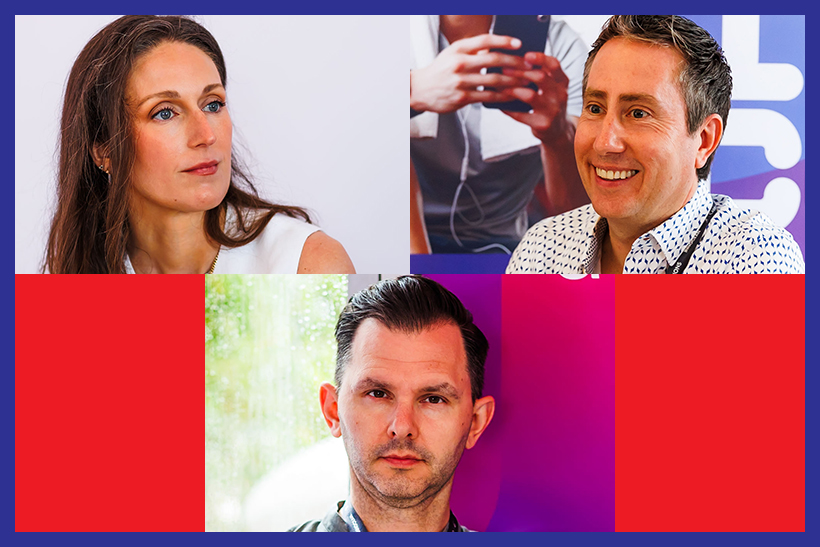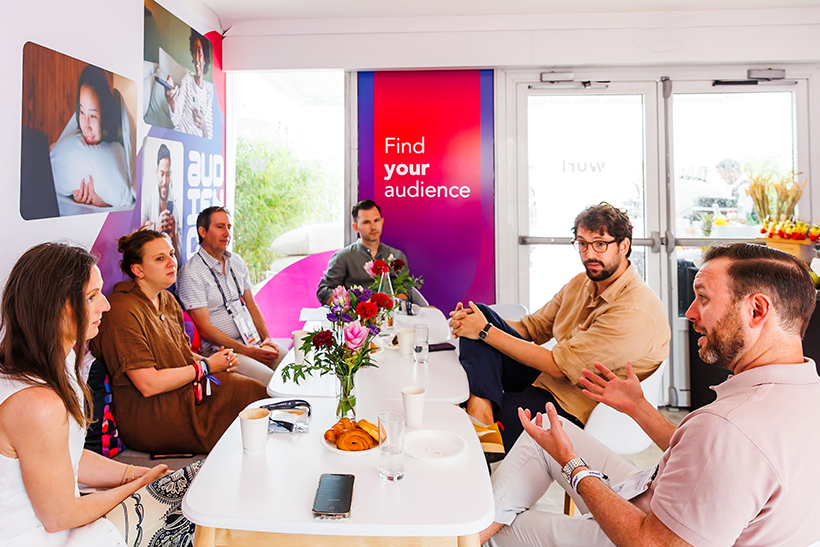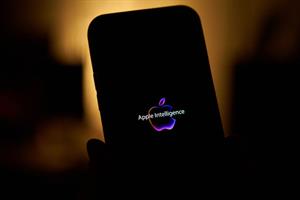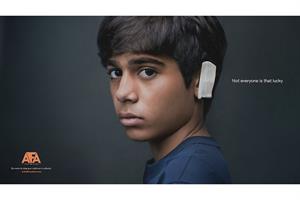Participants:
- Tyler Bahl, SVP and head of marketing, Activision
- Tony Gemma, VP, head of Yahoo Creative, Yahoo
- Meagan Martino, senior director, Global Exchange, AppLovin
- Paul Peterman, senior managing director, LCS North America, Reddit
- Daniel Tchernahovsky, VP of global business development, AppLovin
- Moderator: Alison Weissbrot, editor-in-chief, Campaign US
Mobile gaming is going mainstream. A growing global smartphone base and advancements in mobile technology are making games more accessible than ever before. And that’s turning almost everyone into a gamer.
According to Statista, there are now 2 billion daily gamers. People of every age play mobile games at least once weekly — and the number of gamers across demographics is growing year over year. A key reason for this surge in popularity is the manner in which AI is personalizing the gaming experience. Part of that incorporates better in-game ad experiences.
Marketers can certainly glean lessons from this in terms of how they can harness Gen AI to make their app experiences better for consumers. And that was the focal point of this AppLovin-sponsored roundtable at Cannes.
The game gets personal
Generative AI is creating a lot of buzz for its potential to customize user experiences.
“It’s a Tetris-like game, where every single block that you'll get next is a function of how you played the last five blocks,” said AppLovin’s Daniel Tchernahovsky. “The game is going to be completely different for you versus me.”
Keep in mind that “not all AI is created equal,” advised Yahoo’s Tony Gemma. “When we talk about AI in generalities, it's hard because there are actually very specific ways that it manifests around texts, images or use cases in an app.”
Generative AI will enhance the app experience similar to how it has customized retargeting and retail, noted AppLovin’s Meagan Martino. “We're starting to see quite a bit of being able to match the user's interests and helping see how that scales across the mobile-gaming world.”
Gaming is clearly top of mind for consumers across generations, but that’s not all that’s being talked about. Discussion of AI has surpassed even that of the most popular topics — or people — at present.
“As you might imagine, Taylor Swift is pretty big on Reddit, but last year, there were two times the amount of conversations about ChatGPT than Swift,” reported Reddit’s Paul Peterman.
Conversing isn’t all that’s going on, either. Consumers, gamers included, are keen to see how AI can improve their overall gaming experience — and developers are obliging.
“Eighty-five percent of mobile gaming developers have integrated AI in some way to personalize their advertising,” Peterman added. The technology could possibly make the experience more immersive with customized non-playable characters.
“There are ways that can be used to enhance and find those choke points in games that make people abandon them and remove opportunities for further monetization for game developers,” he explained.

Learning from the gaming experience
As game developers lead the way in incorporating AI to transform the user experience, advertisers can discover ways to be more creative in their approach.
However, “to really dive into something, they need to see the dollar value of it,” suggested Tchernahovsky. “And the more customized you go, the harder it is to see that.”
He believes it might still be a while before we see such advertising customization because the banner or a full-screen video ad “is so dominant and well designed, particularly if you have ads that are chosen by the developers and the users themselves.”
Another challenge is the difficulty in “proving that anything works,” continued Gemma. That’s why the creative is so critical.
“Yes, AI is going to be this ‘let's plug 1,000 things in and see which one wins,’” he added. “There's still an element of artistry in advertising that's so important.”
In advertising, “there's this misconception that AI is going to redefine what creative possibilities exist,” pointed out Martino. “It's more about the incremental improvements and ways to make them better and more seamless.”
And, of course, customers today look at ads differently.
“There was a time with digital advertising when people would get spooked when an ad was super relevant to them,” said Peterman. “Now it’s the expectation. It's been that expectation for a decade.”
In creating more personalized advertising, it’s important to understand that brands are engaging with gamers in their real lives.
“They’re not just playing a game, but living the game,” asserted Peterman. In fact, “half of Gen Z say they socialize more in their games than in person. Meanwhile, 73% say being gamers influences what they want to do in their careers.”
The value consumers derive from the games will continue to alter the experience and monetization.
“It's crazy to me to think of doing in-game purchases to buy some advancement in a game,” shared Martino, “but that is something that is immediately valuable and quantifiable in the mind of a younger person. That's going to change the way people invest in games.”

AI for ad creatives
As brands embrace and experiment with AI, “designers and creators are also now becoming prompt engineers,” noted Gemma.
“One of the things that mobile has always done incredibly well is understanding the value of experimentation,” added Tchernahovsky, who also lauded the gaming industry for its ability to get customer feedback and incorporate it into the next trial.
“There are people that are scared that AI is going to take away from the creativity of the game and from some of the design elements,” suggested Activision’s Tyler Bahl, “but we're actually using it a lot for concept and rapid prototype.”
For example, iterating and testing can help brands build more efficiently for their ideal users over time and across platforms.
“If I'm manifesting an experience in a mobile app, then in a digital out-of-home ad and then on CTV, those are very different ways that a consumer is interacting with that device,” counseled Peterman.
Many brands have struggled with creating ads specifically for mobile and gaming, but generative AI can be used to “make it easier for those brand concepts to get into the mobile app environment so that it makes sense to the user,” added Martino. “Being a little bit more flexible with what it means to A/B test and how their brand and creative looks might certainly be a very positive outcome for them.”
While the panelists mused on the merging of creativity and AI, the conversation came back once again to how AI has a lot of potential for changing the user experience.
“People are interested to understand how AI is going to not just impact the games they play, but also how it can help them be more efficient, how it can help them with creativity,” concluded Peterman. “Being open to having those conversations as a marketer and putting that front and center — it will be interesting to see how different brands and different games attack that.”
Click here to read about AppLovin’s takeaways from Cannes.










